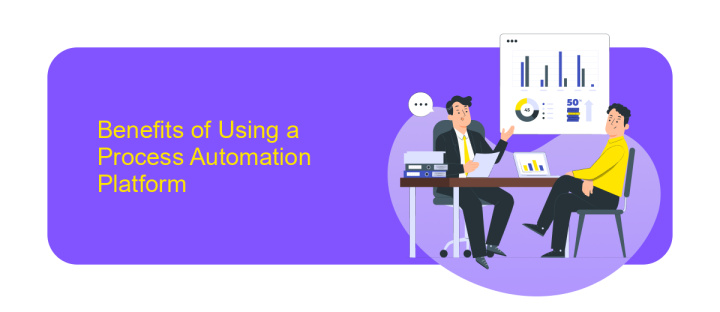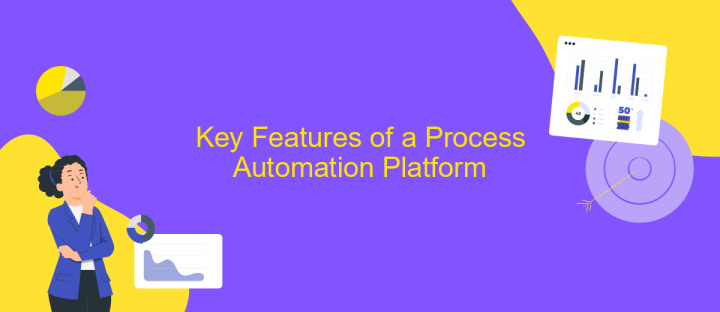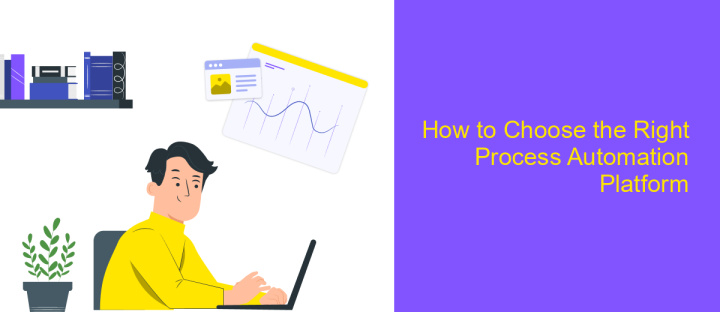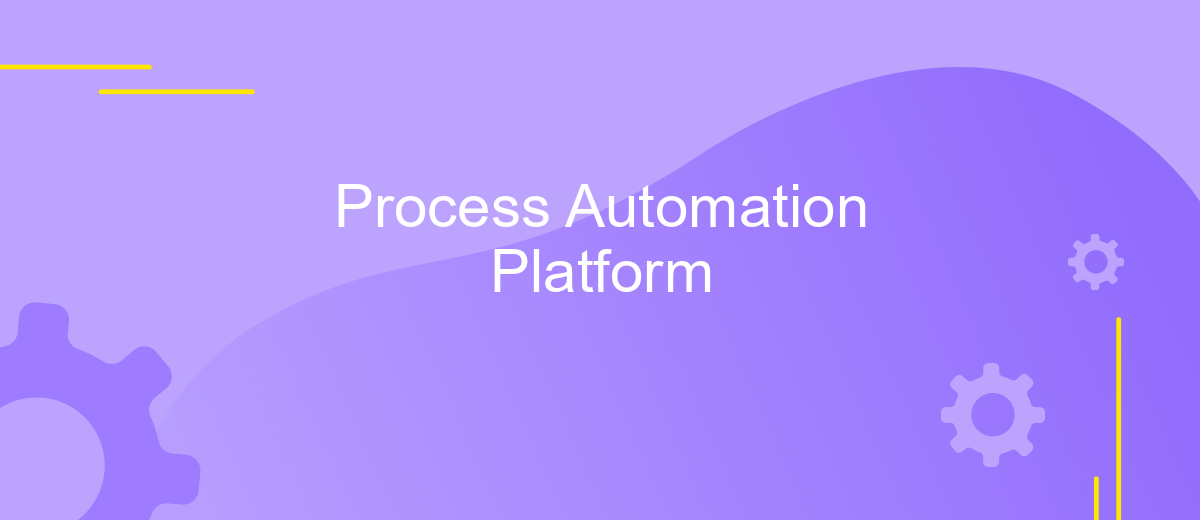Process Automation Platform
In today's fast-paced business environment, efficiency and accuracy are paramount. A Process Automation Platform offers a transformative solution by streamlining repetitive tasks, reducing human error, and freeing up valuable time for strategic activities. This article explores the key features, benefits, and implementation strategies of process automation platforms, demonstrating how they can revolutionize your business operations and drive sustainable growth.
What is a Process Automation Platform?
A Process Automation Platform is a comprehensive software solution designed to streamline and automate complex business processes. It integrates various tools and technologies to enhance efficiency, reduce human error, and improve overall productivity. By automating repetitive tasks, organizations can focus more on strategic activities that drive growth and innovation.
- Workflow Automation: Streamlines tasks and approvals.
- Data Integration: Connects disparate systems for seamless data flow.
- Analytics and Reporting: Provides insights for informed decision-making.
- Scalability: Adapts to growing business needs.
- Security: Ensures data protection and compliance.
Implementing a Process Automation Platform can significantly transform how a business operates. It not only saves time and resources but also enhances accuracy and consistency. As a result, companies can achieve higher levels of customer satisfaction and operational excellence. Embracing this technology is a strategic move towards a more agile and competitive business environment.
Benefits of Using a Process Automation Platform

Implementing a Process Automation Platform can significantly enhance operational efficiency by streamlining repetitive tasks and reducing human error. This leads to faster turnaround times and improved accuracy, allowing employees to focus on more strategic activities. Additionally, automation platforms can easily scale to accommodate growing business needs, ensuring that processes remain efficient as the organization expands.
Moreover, integrating various software applications becomes seamless with a Process Automation Platform. Tools like ApiX-Drive facilitate these integrations by connecting different systems and automating data transfers between them. This not only saves time but also ensures data consistency across platforms. As a result, businesses can achieve better coordination and real-time insights, driving more informed decision-making and fostering a more agile operational environment.
Key Features of a Process Automation Platform

A Process Automation Platform offers numerous advantages that streamline business operations and enhance productivity. By automating repetitive tasks and integrating various workflows, these platforms provide a seamless experience for users and organizations alike.
- Workflow Automation: Automate complex processes to reduce manual intervention and minimize errors.
- Integration Capabilities: Easily integrate with existing systems and applications for a cohesive operational environment.
- Scalability: Adapt to growing business needs with scalable solutions that can handle increasing workloads.
- Real-Time Analytics: Gain insights through real-time data analysis and reporting to make informed decisions.
- User-Friendly Interface: Intuitive design ensures ease of use for both technical and non-technical users.
These key features make a Process Automation Platform an indispensable tool for modern businesses. By leveraging these capabilities, organizations can achieve greater efficiency, accuracy, and agility in their operations.
How to Choose the Right Process Automation Platform

Choosing the right process automation platform is crucial for optimizing your business operations. The ideal platform should align with your specific needs and integrate seamlessly with your existing systems. Begin by assessing your company's requirements and identifying the processes that need automation.
Next, consider the scalability of the platform. As your business grows, your automation needs will evolve, so it's important to choose a solution that can expand with you. Additionally, evaluate the ease of use and the level of support provided by the vendor.
- Compatibility with existing systems
- Scalability and flexibility
- User-friendly interface
- Vendor support and training
- Cost-effectiveness
Finally, take advantage of free trials or demos to test the platform's features and functionality. This hands-on experience will help you make an informed decision. By carefully considering these factors, you can select a process automation platform that enhances efficiency and drives growth.
- Automate the work of an online store or landing
- Empower through integration
- Don't spend money on programmers and integrators
- Save time by automating routine tasks
Implementation and Best Practices for Process Automation Platforms
Implementing a process automation platform requires a thorough understanding of your business processes and objectives. Begin with a detailed analysis of current workflows to identify areas that can benefit most from automation. Select a platform that aligns with your needs, ensuring it offers scalability and flexibility. During implementation, prioritize critical processes first and gradually expand to other areas. Utilize a phased approach to minimize disruptions and allow for adjustments based on initial feedback.
Best practices for successful implementation include involving key stakeholders from the outset and maintaining clear communication throughout the project. Regularly monitor and evaluate the performance of automated processes to ensure they meet desired outcomes. For seamless integration with existing systems, consider using tools like ApiX-Drive, which facilitate easy and efficient data synchronization between various applications. Continuous training and support for employees are crucial to maximize the benefits of the automation platform. By adhering to these practices, organizations can achieve improved efficiency and productivity.
FAQ
What is a Process Automation Platform?
How does a Process Automation Platform benefit businesses?
Can a Process Automation Platform integrate with existing systems?
What types of tasks can be automated using a Process Automation Platform?
How can I start implementing a Process Automation Platform in my organization?
Time is the most valuable resource for business today. Almost half of it is wasted on routine tasks. Your employees are constantly forced to perform monotonous tasks that are difficult to classify as important and specialized. You can leave everything as it is by hiring additional employees, or you can automate most of the business processes using the ApiX-Drive online connector to get rid of unnecessary time and money expenses once and for all. The choice is yours!


